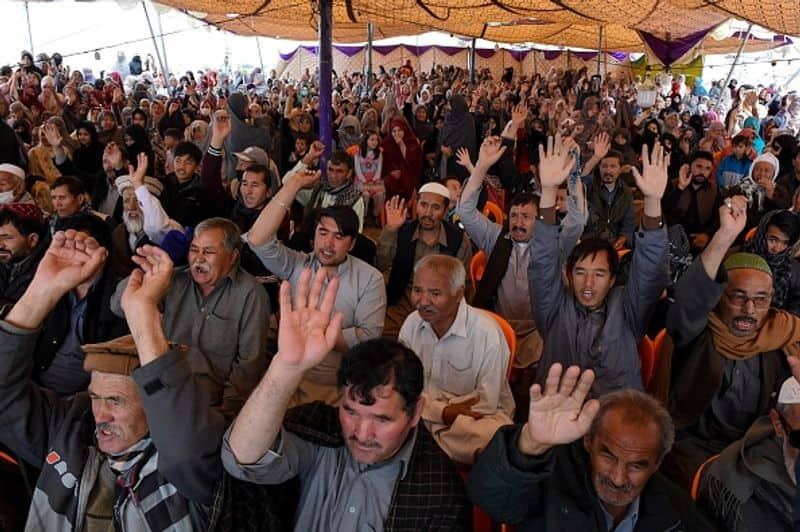The scale of violence against the Shia Muslims that make up for 20% of the population of the belligerent neighbour is such that it has been called genocide.
New Delhi: Faced with the prospects of breaking into several nations, Pakistan rather seems quite complacent when it comes to the systemic state-supported persecution of minorities, Shias included.
The scale of violence against the Shia Muslims that make up for some 20% of the population of the belligerent neighbour is such that it has been called genocide. No wonder, the Shias are up in arms to demand a nation of their own, separate from Pakistan.
The minority Hazara Shias of Baluchistan raised a massive protest rally after a bomb blast ripped through a fruit market in Quetta. In all, 24 people lost their lives in the blast for which the Pakistani Taliban and Sunni terror group Islamic State claimed joint responsibility.
This is not the first attack and perhaps will not be the last attack on the community that has been systematically targeted since 1963, from when the extremist Deobandi Sunni groups started receiving state patronage.
According to an estimate by the website called ‘Let Us Build Pakistan’, between 1963 when the first attack on the community at Therhi Khairpur in Sind was reported in media and December 31, 2018, 23,500 Shia Muslims were killed in Pakistan.
This was apart from the 45,000 Sunni Sufi or Barelvi Muslims and hundreds of Ahmadis, Christians, Hindus and other minority communities.
"
BBC ran a story titled, ‘The story of Pakistan’s ‘disappeared’ Shias recently, focusing on the instances of forced disappearances of Shia people from cities such as Karachi. While one Naim Haider, 30, was
According to experts, the Shia problem has diplomatic, apart from purely sectarian, angles to it. While Pakistan has Shia Iran as one of its neighbours and the Shia community is concentrated more in the bordering Baluchistan province, Pakistan has chosen to side with the Sunni aggressors supported by the ISI-Saudi nexus as the almost bankrupt economy of Pakistan needs Saudi petrodollars to keep flowing in.
Last Updated Apr 16, 2019, 8:16 PM IST











![Salman Khan sets stage on fire for Anant Ambani, Radhika Merchant pre-wedding festivities [WATCH] ATG](https://static-ai.asianetnews.com/images/01hr1hh8y86gvb4kbqgnyhc0w0/whatsapp-image-2024-03-03-at-12-24-37-pm_100x60xt.jpg)
![Pregnant Deepika Padukone dances with Ranveer Singh at Anant Ambani, Radhika Merchant pre-wedding bash [WATCH] ATG](https://static-ai.asianetnews.com/images/01hr1ffyd3nzqzgm6ba0k87vr8/whatsapp-image-2024-03-03-at-11-45-35-am_100x60xt.jpg)



